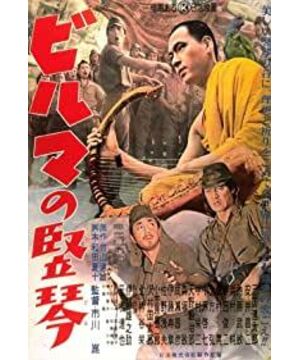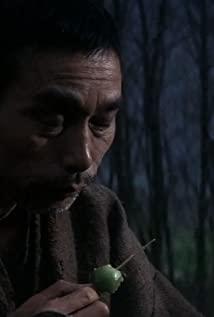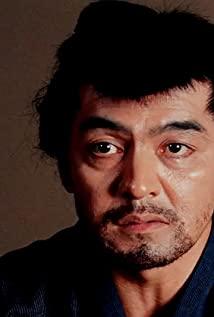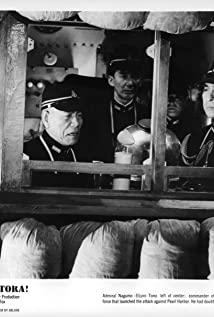Take Mizushima as the main line and the captain as the secondary line.
Mizushima, a scout and musician, lost his teammates during the mission. On the way back to the troops, he saw the remains of the Chinese people exposed to the scene, sad but still abandoning them. When the enemy was buried, he was sad and ashamed of his selfish behavior, so he decided to abandon returning to the team, returning to the corpse, avoiding friends and refusing to return to the foreign country.
The theme cannot be regarded as an anti-war film. It is like a ten-year defeat in order not to forget the failure, to improve the cohesion of national identity, and to encourage the people to invest in the construction of the new economy.
There are also anti-wars, such as anti-dictatorship command binding personal destiny and advocating calm and independent thinking.
Music is also a highlight. The harp is melodious, and the melody of farewell and pity for the Lord was not heard for the first time. The music box in the Tomb of the Firefly is also the music of the latter, so it still has the meaning of loving peace.
Mizushima finally completed the transformation: when facing the urn, his hands were folded instead of a military salute. Although Ruby also represents the soul of his countrymen, and he stayed there to bury the people, Mizushima has the idea of emphasizing humanism and a sense of belonging for everyone, which is inconsistent with the absolute obedience of the army and the contempt of humanity in war. Finally, I thought that rejecting the enthusiasm of angry youths and persevering in personal freedom and thinking is to serve others and serve the country, so I am determined to be the screw of destiny and lay the historical foundation of the new country in my own way.
Why does the world suffer? Unspeakable, the answer is unknown. Work is just to relieve the suffering of the world and face it bravely. Whether it is unconscious or unreasonable things, go through hardships and try to create peace. Build new ones and sort out old ones.
View more about The Burmese Harp reviews









